- How to prepare for a gig playing guitar
- What to do leading up to the show
- What should a guitarist have in their gigbag?
- What’s a soundcheck for a guitarist?
- Tips for playing the guitar live – it’s showtime!
- After the show
- More info
I’m going to run you through the 4 key stages of playing guitar live at a show and what gear you might need for each stage: preparing for the show, soundcheck, during the show and after the show.
but ultimately, it comes down to preparing and playing a memorable show for yourself and the audience and having fun whilst doing so. Whether you’re a pro or beginner, these steps will help in some way to make sure your next show is a doozy!
How to prepare for a gig playing guitar
Playing your first gig can be daunting. Playing your 100th gig can be daunting too. The only way you’ll allow yourself to trust in your ability and feel ‘comfortable’ at the show is if you’ve prepared for the songs you’ll be playing.
What to do leading up to the show
- Learn the songs like the back of your hand. And I don’t mean write the chords on the back of your hand. Without sounding preachy, knowing the songs will give you the freedom to perform and enjoy yourself without thinking about that next Bb Diminished chord!
- Dial in the same tones at practice that you’ll be using at the show. This will allow you to play the songs exactly as intended. With the correct delay times, sustain, compression and distortion. Try to rehearse at gig volume at least once before the show – this is so that you’re used to the power and volume of a show.
- Make sure your rig is gig-ready. Check what gear you need to bring. Sometimes a venue will have guitar cabs that you can use which means you can plug your guitar head in and not worry about lugging your own cab around. However, some venues are notoriously low on gear so make sure you have everything that you need to turn up and rock out!
- Practice along to a metronome set to the correct tempo of each song you’re going to perform. Get used to playing in time and staying in time. Pretty much everyone speeds up when playing live so try and get used to how it feels to stay playing at the same speed, in time and in the groove.
- Make sure your gear is set up correctly and at a gigging standard. You should always be playing with good strings – older strings can rust and damage your frets and will generally sound bad and can also lose their tension and tuning!
- Use straplocks to prevent a disaster. This is all down to preference but straplocks will allow you to move about without worrying about the guitar strap slipping and eventually dropping your precious instrument! They’re cheap and effective.
(above: straplocks and a tuner are essential guitar gear, both on and off stage)
What should a guitarist have in their gigbag?
- Spare Strings – in the same gauge as the set on your guitar.
- Spare Strap – with the correct straplocks!
- Spare guitar picks – because when you drop one, it will disappear into the abyss.
- Guitar tuner – headstock or otherwise, it’s imperative to be in tune and not sound like nails on a chalkboard!
- Guitar tools including wire cutters and Allen Keys to adjust action if needed
- Pen and paper – always handy to make setlists, remember chord changes or pen a new song backstage
- Amp backup – amp sim or multi-fx with built-in amp modelling in case your main rig goes down.
- Batteries – for your pedals or guitar if you have active circuitry.
- Spare cables – an absolute must have! Make sure they’re the same grade as your gigging cables too.
- Spare mains adapter / multiplug adapter – to ensure you have the power options available.
What’s a soundcheck for a guitarist?
The soundcheck exists to allow you to dial in your tones to taste and to allow the engineer to take these tones and make them sound the best that they can out front.
Find a sound that you like and let the engineer do the rest.
If there is no sound engineer, then try to balance the overall level of the band and make sure your guitar is the correct volume in relation to the other band members. Remember your guitar will sound different in the mix amongst the sounds of the drums, bass, vocals and anything else so dial in your tone to sound good with those instruments playing. And then relax and have fun with it!



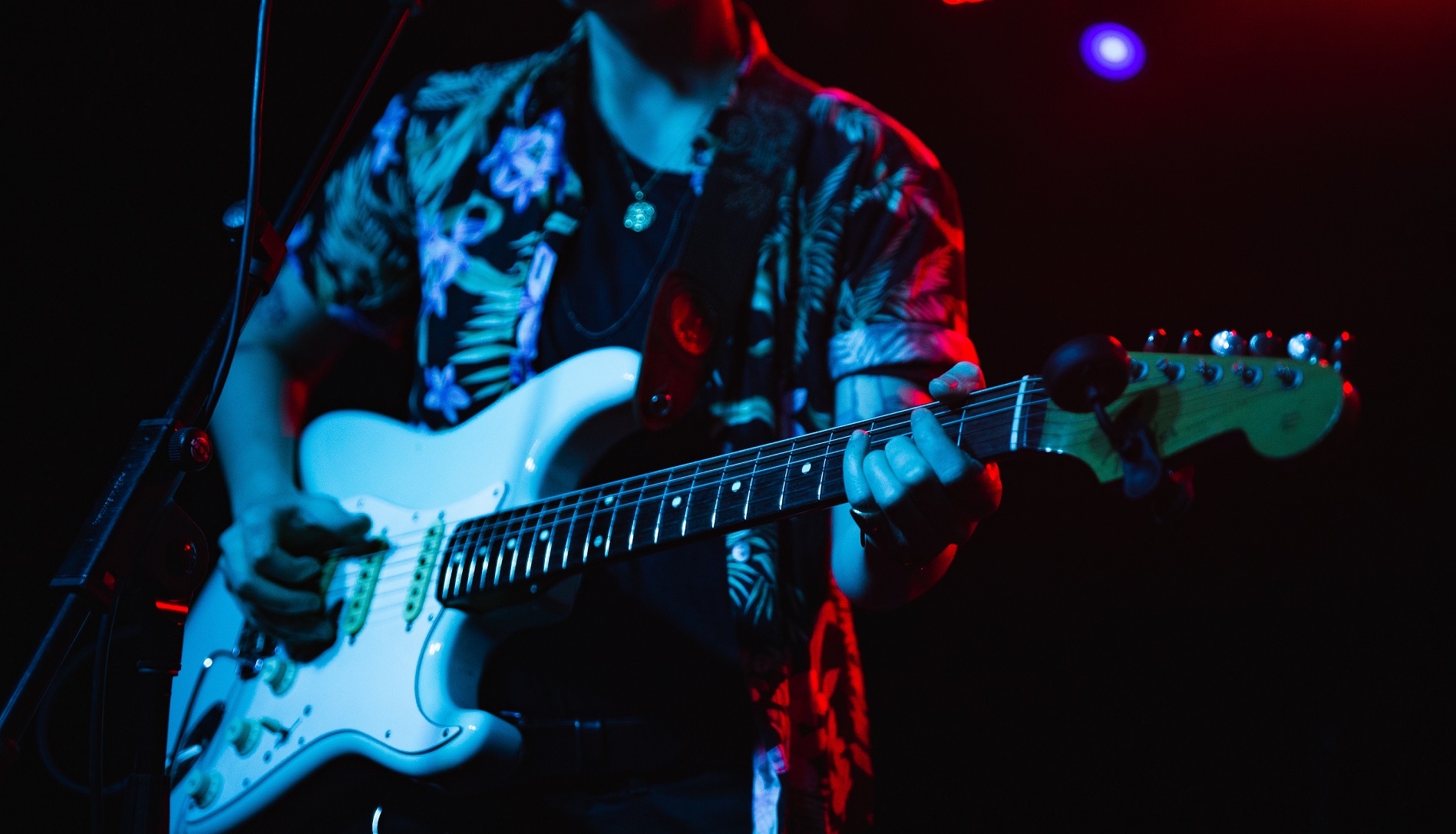
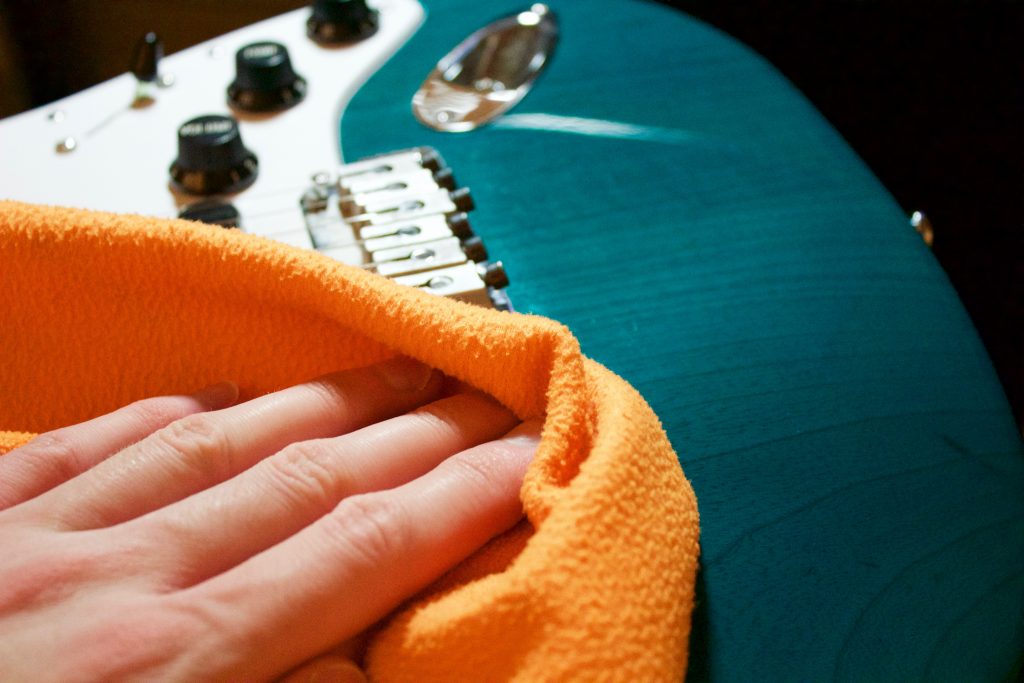

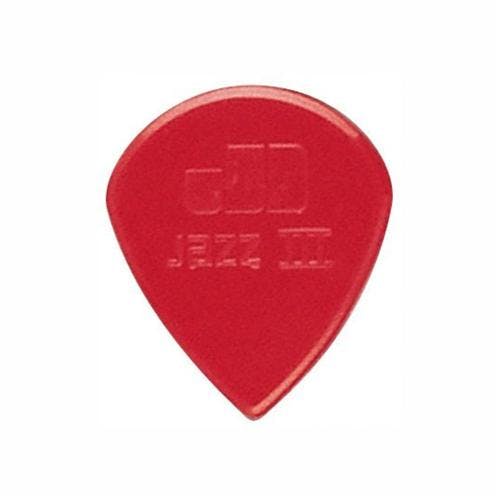



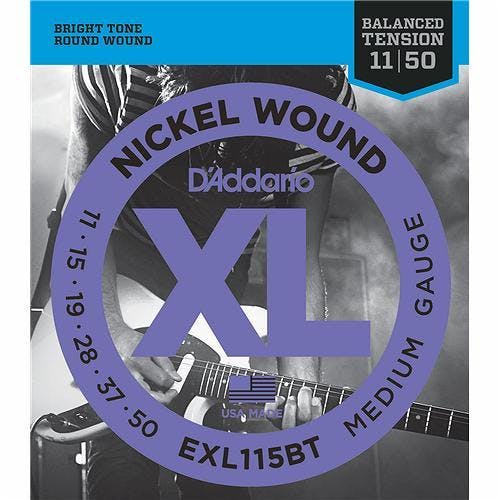


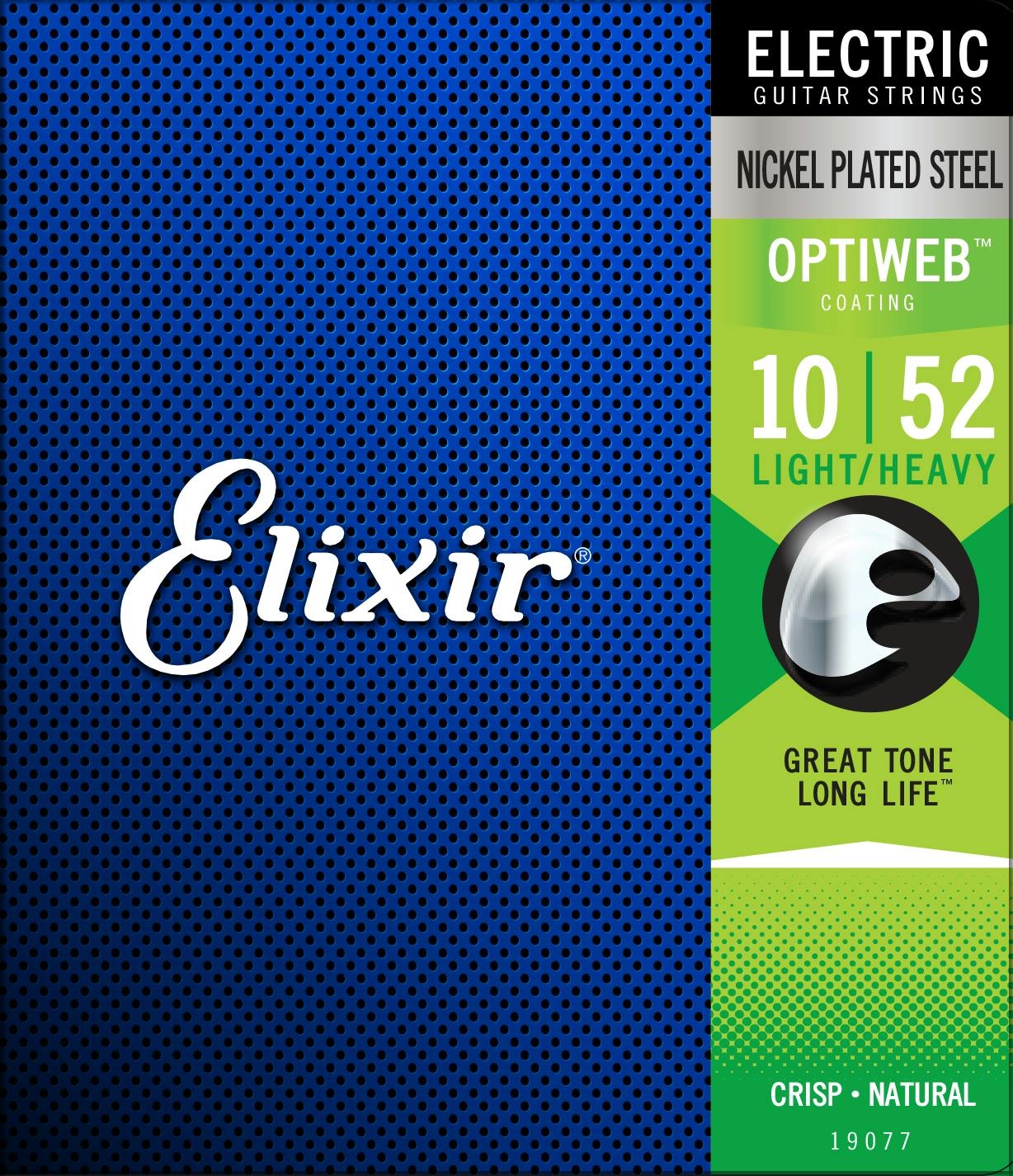




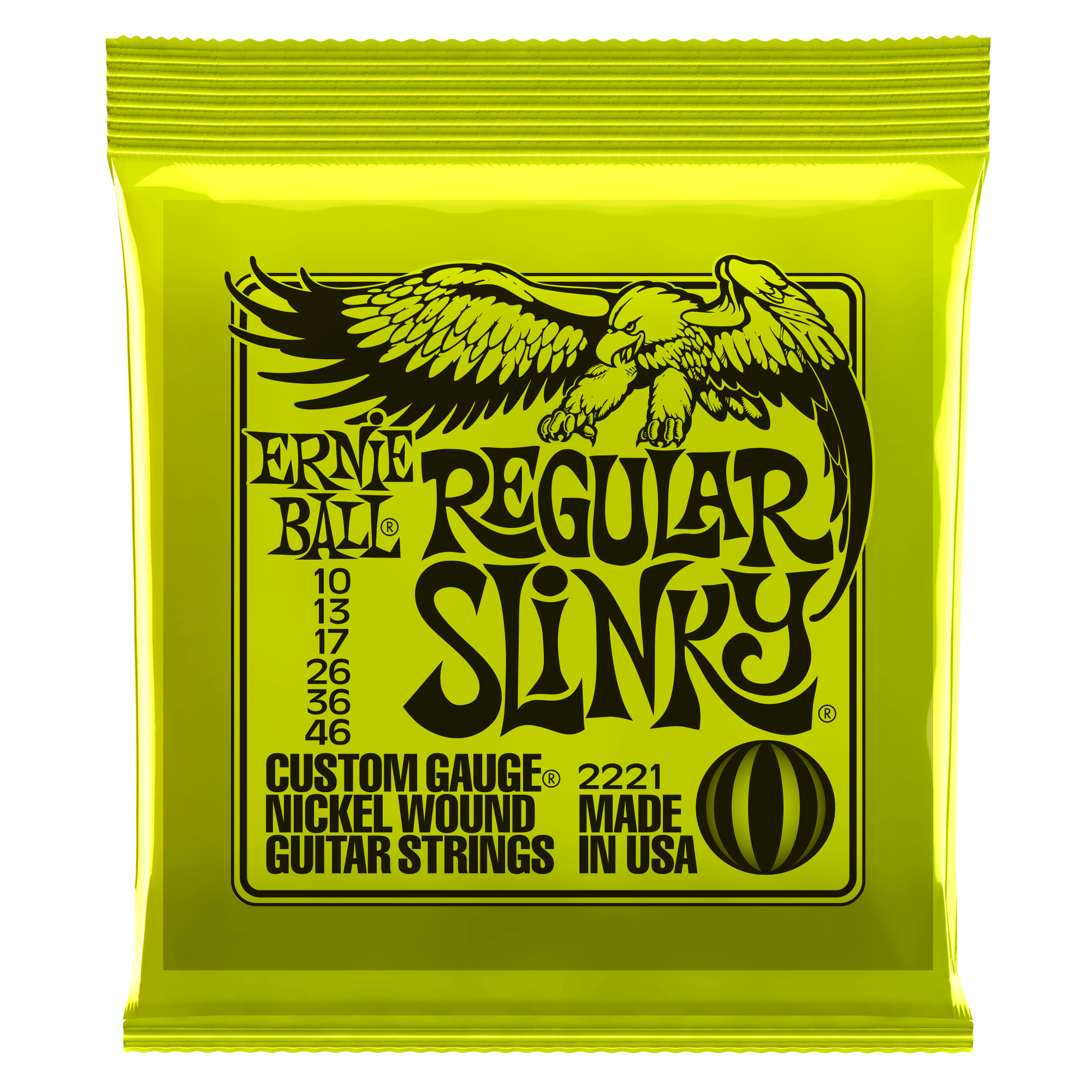





Responses & Questions